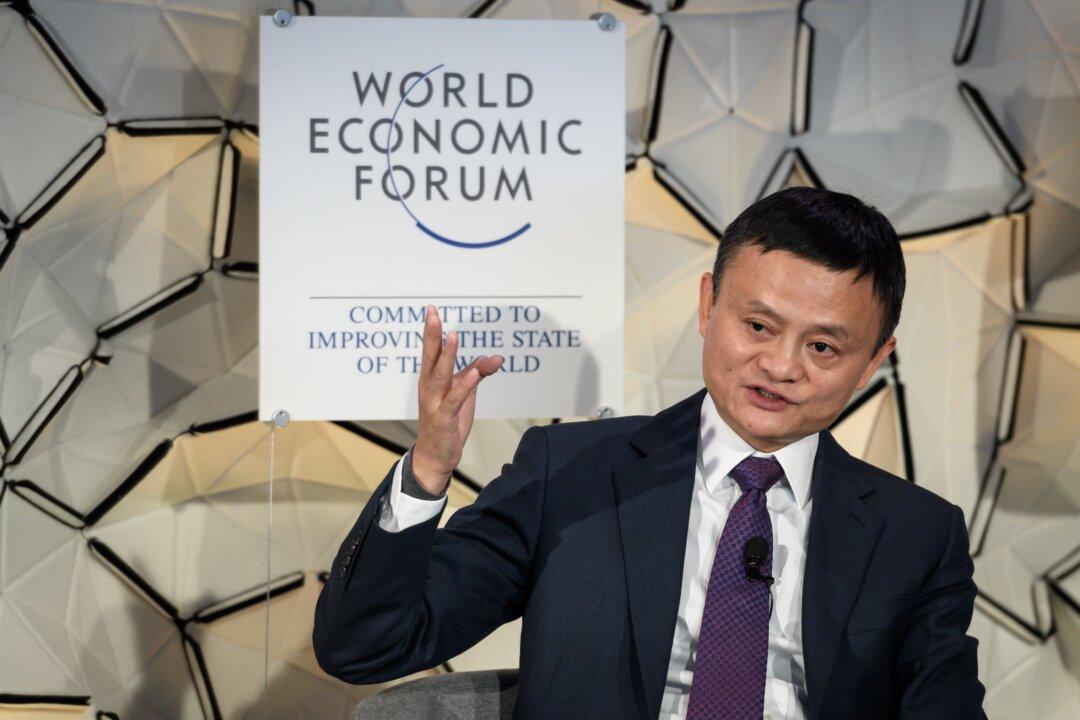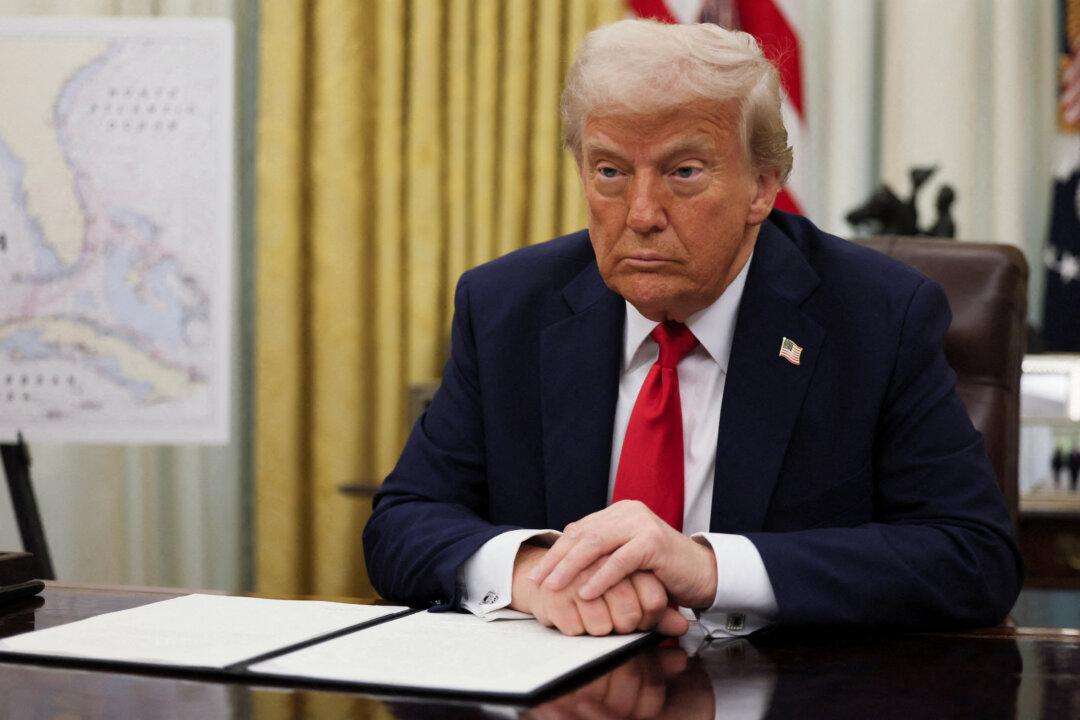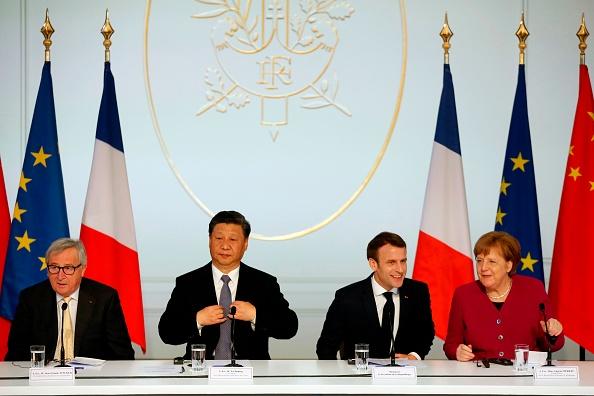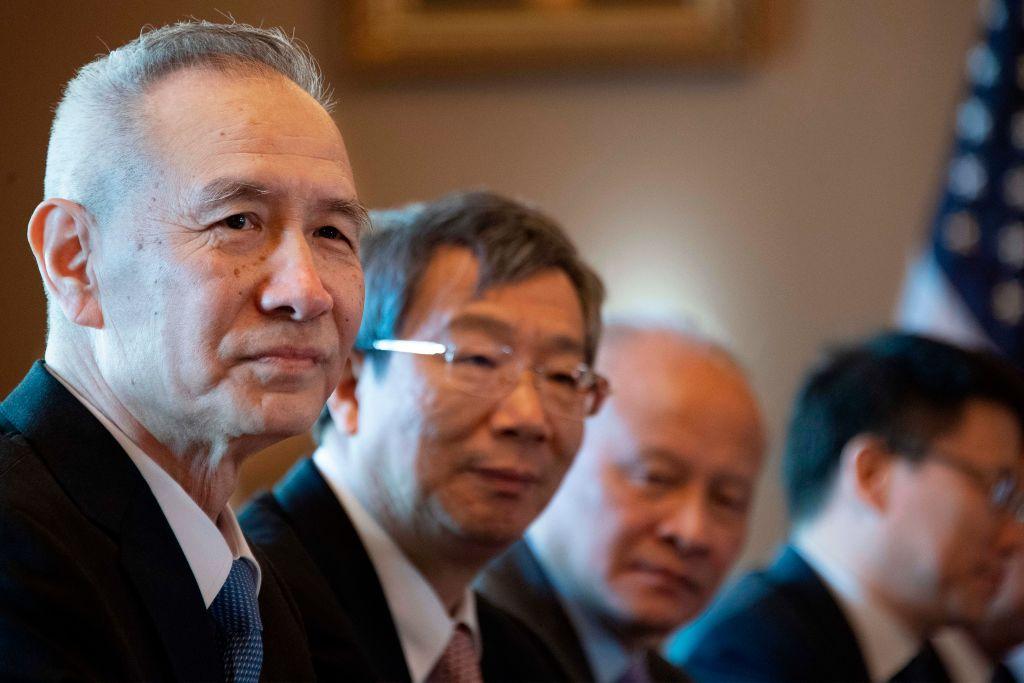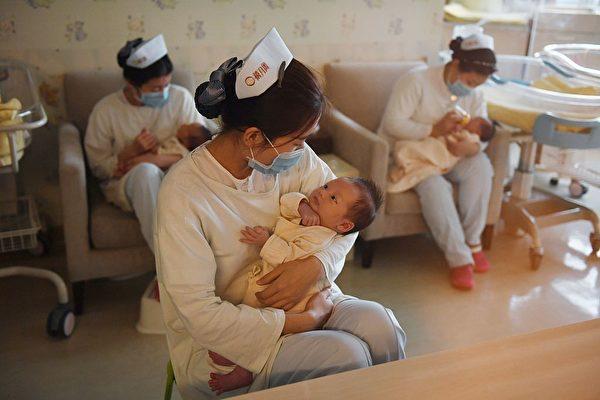Commentary
China’s state broadcaster CCTV aired a five-day miniseries on corrupt officials. The trailer featured Zhou Jiangyong, a former top official of Hangzhou city, an e-commerce hub. Details of Zhou’s corruption case reveal that Jack Ma was indirectly involved, which brings him back under the spotlight of Xi Jinping’s anti-corruption campaign.
